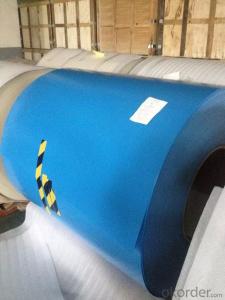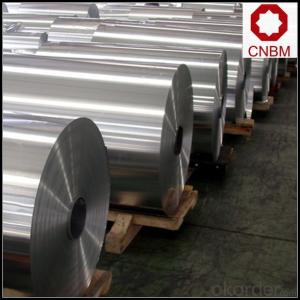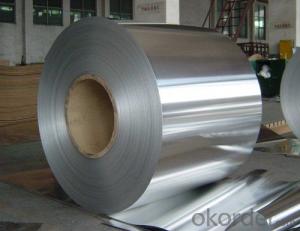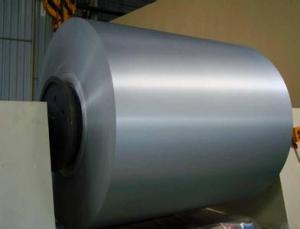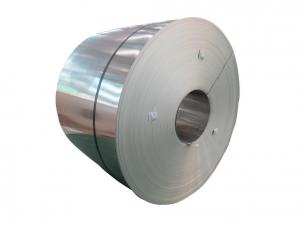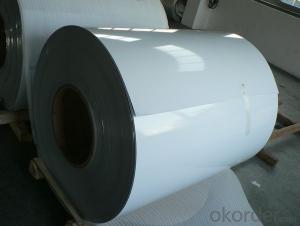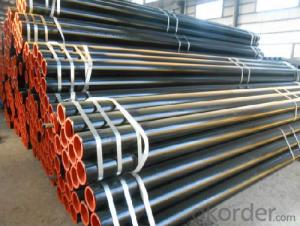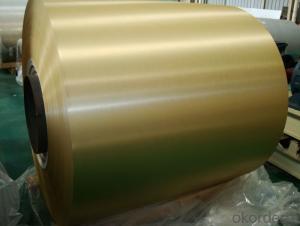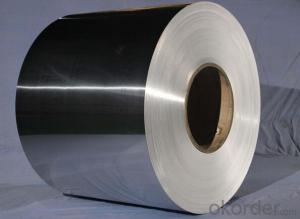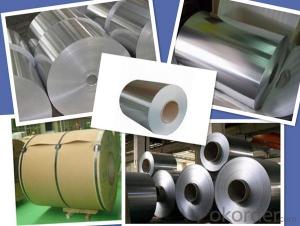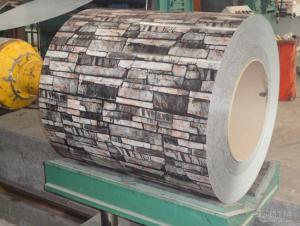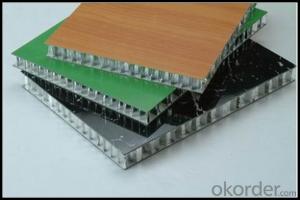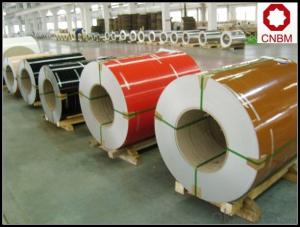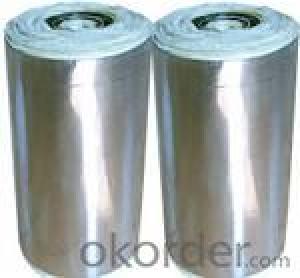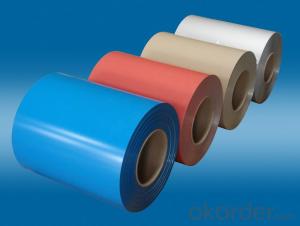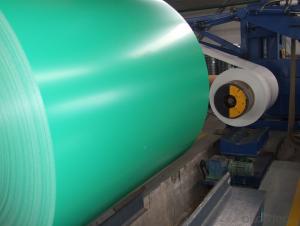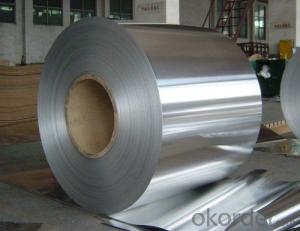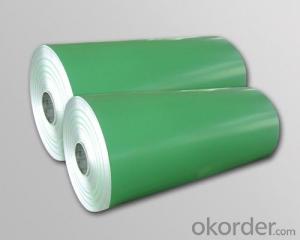All Categories
- - Steel Wire Rod
- - Steel Coils
- - Steel Profiles
- - Steel Pipes
- - Stainless Steel
- - Tinplate
- - Special Steel
- - Steel Sheets
- - Steel Rebars
- - Steel Strips
- - Hot Rolled Steel
- - Cold Rolled Steel
- - Pre-painted Steel
- - Seamless Steel Pipe
- - Welded Steel Pipe
- - Hollow Steel Tubes
- - Galvanized Pipe
- - Stainless Steel Coil
- - Stainless Steel Sheet
- - Stainless Steel Plate
- - Stainless Steel Strips
- - Electrolytic Tinplate Coil
- - Electrolytic Tinplate Sheet
- - Stainless Steel Rebars
- - Solar Panels
- - Solar Water Heater
- - Solar Related Products
- - Solar Inverter
- - Solar Cells
- - Solar Light
- - Solar Energy Systems
- - Solar Controllers
- - Solar Mounting System
- - Solar Pump
- - Solar Chargers
- - Fiberglass Chopped Strand
- - Fiberglass Mesh Cloth
- - Composite Pipes
- - FRP Pultrusion Profiles
- - Fiberglass Mat Tissue
- - Fiberglass Fabrics
- - Fiberglass Mesh
- - Composite Tank
- - Fiberglass Mesh tape
- - Polymer
- - FRP Roofing Panel
- - Fiberglass Roving
- - Monolithic Refractories
- - Ceramic Fiber Products
- - Refractory Bricks
- - Raw Materials For Refractory
- - Suspended Platform
- - Cranes
- - Concrete Machinery
- - Earthmoving Machinery
- - Building Hoist
- - Road Building Machinery
- - Plastic Pipe Fittings
- - Plastic Tubes
- - Plastic Sheets
- - Agricultural Plastic Products
- - Plastic Nets
 All Categories
All Categories
Q & A
What are the key steps in the manufacturing process of aluminum coils?
The key steps in the manufacturing process of aluminum coils include casting, rolling, annealing, slitting, and coating. Firstly, aluminum ingots are melted and cast into billets. These billets are then heated and rolled repeatedly to reduce their thickness and increase their length to form aluminum coils. Annealing is done to improve the strength and flexibility of the coils. Next, the coils are slit into narrower widths to meet specific customer requirements. Finally, a coating is applied to protect the coils from corrosion and provide additional durability.
How are aluminum coils used in the manufacturing of aluminum fasteners?
Aluminum coils are used in the manufacturing of aluminum fasteners as they serve as the primary raw material. These coils are first processed through precision cutting machines to obtain desired sizes and shapes for the fasteners. The aluminum material is then formed, bent, or machined to create various types of fasteners such as screws, bolts, nuts, or rivets. The flexibility and malleability of aluminum allow for easy customization and production of fasteners with different specifications and designs. Overall, aluminum coils play a crucial role in the production of aluminum fasteners by providing the necessary material for their manufacturing processes.
How are aluminum coils used in the marine industry?
Aluminum coils are commonly used in the marine industry for various applications such as boat building, shipbuilding, and offshore structures. They are primarily used to construct lightweight and corrosion-resistant components, including hulls, decks, bulkheads, and superstructures. Aluminum coils provide excellent strength-to-weight ratio, making them ideal for reducing a vessel's overall weight and enhancing fuel efficiency. Additionally, their resistance to saltwater corrosion ensures durability and longevity in marine environments.
Can aluminum coils be used in architectural applications?
Yes, aluminum coils can be used in architectural applications. Aluminum is a lightweight, durable, and corrosion-resistant material, making it suitable for various architectural uses such as roofing, cladding, and decorative elements. Aluminum coils can be easily formed, shaped, and finished to meet specific design requirements in architectural projects.
Wholesale Aluminum Coils from supplier in Guinea
Our team of experts is dedicated to helping you find the right Aluminum Coils for your specific needs. We understand the importance of quality and durability, which is why we only source our products from trusted manufacturers. Our Aluminum Coils are known for their excellent performance, resistance to corrosion, and long lifespan.
When you choose us as your supplier, you can expect prompt and reliable service. We pride ourselves on our quick response times and efficient order processing. Our sales team is always ready to assist you with any inquiries or requests you may have. We provide detailed quotations that outline all the necessary information, including product specifications, pricing, and delivery options.
Furthermore, we offer technical support to ensure that you have a smooth installation process. Our team of engineers is available to provide guidance and assistance, ensuring that your project is completed successfully. We understand that every project is unique, and we are committed to finding the best solutions that meet your specific requirements.
At our company, we prioritize customer satisfaction. We strive to build long-lasting relationships with our clients, based on trust, reliability, and excellent service. Our goal is to exceed your expectations and become your preferred supplier for Aluminum Coils in Guinea.
If you are in need of Aluminum Coils or have any questions or inquiries, please do not hesitate to contact us. We are ready to assist you and provide you with the best solutions for your business needs.
When you choose us as your supplier, you can expect prompt and reliable service. We pride ourselves on our quick response times and efficient order processing. Our sales team is always ready to assist you with any inquiries or requests you may have. We provide detailed quotations that outline all the necessary information, including product specifications, pricing, and delivery options.
Furthermore, we offer technical support to ensure that you have a smooth installation process. Our team of engineers is available to provide guidance and assistance, ensuring that your project is completed successfully. We understand that every project is unique, and we are committed to finding the best solutions that meet your specific requirements.
At our company, we prioritize customer satisfaction. We strive to build long-lasting relationships with our clients, based on trust, reliability, and excellent service. Our goal is to exceed your expectations and become your preferred supplier for Aluminum Coils in Guinea.
If you are in need of Aluminum Coils or have any questions or inquiries, please do not hesitate to contact us. We are ready to assist you and provide you with the best solutions for your business needs.
